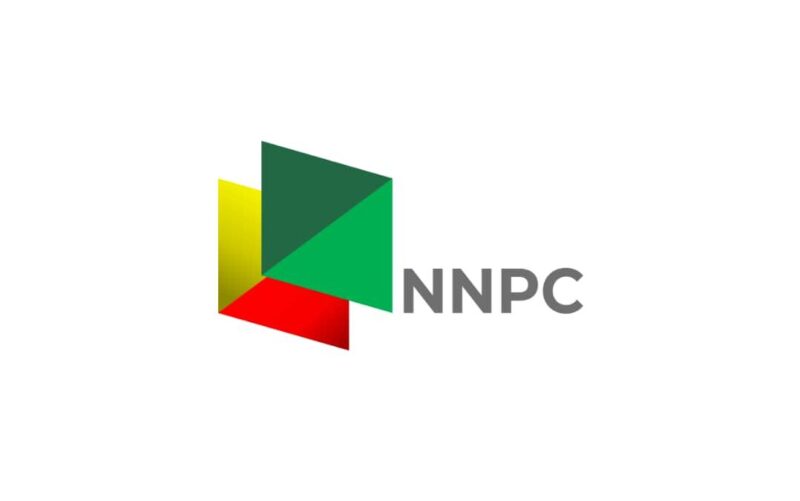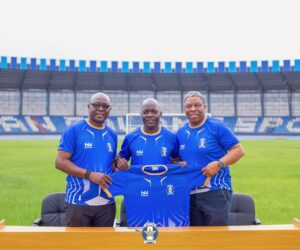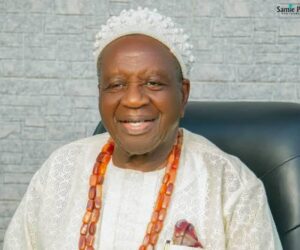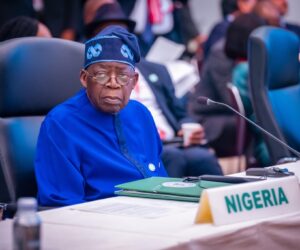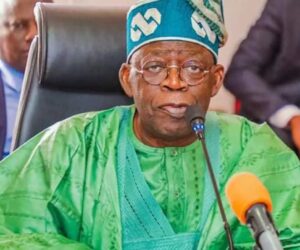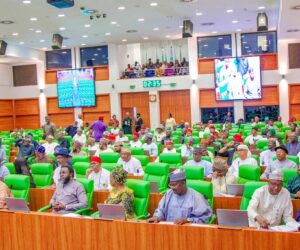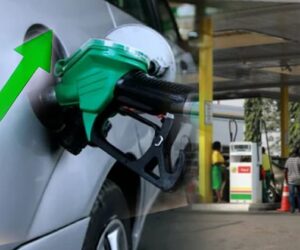Since July, the Senate Committee on Public Accounts has made several efforts to get the NNPC Limited to account for a staggering sum of ₦210 trillion, covering its operations from 2017 to 2023. Its statements of account are riddled with discrepancies and inexplicable inaccuracies that it must clear in the public interest, and according to the mandates of transparency and accountability. It has been summoned four times to come and do so, to no avail.
After three deceitful undertakings, the Group Chief Executive Officer of NNPCL, Bayo Ojulari, chose last Tuesday to respond to the 19 queries that the committee had issued, based on the Auditor-General of the Federation’s (AGF) damning report on its audited financial statements. But instead of showing up before the committee, Mr Ojulari chose to submit a written defence that is clearly unsubstantiated. This attitude is not only bizarre and provocative; it lends itself to varied unwholesome interpretations.
In contention are the ₦103 trillion accrued expenses, and ₦107 trillion receivables – which is the equivalent of $117 billion. The NNPCL claims that it paid ₦103 trillion in cash calls to Joint Ventures in 2023, whereas “cash calls arrangements were abolished in 2016 under the Buhari administration.” Naturally, this raised eyebrows from the committee. The chairman of the Senate Public Accounts Committee, Aliyu Wadada, queried, “How can NNPC claim to have paid ₦103 trillion in one year, when it only generated ₦24 trillion in revenue over fiveyears?” The ₦107 trillion receivables also drew scrutiny.
The oil company explained that part of these funds were held in defunct banks, effectively indicating that they have been lost. “However, no bank, or amount was named,” Mr Wadada shot back. This is a clear case of obfuscation that was flatly rejected, and rightly so.
Therefore, he charged NNPCL to return the missing ₦103 trillion to the treasury, just as he emphasised that the company’s explanations on the ₦107 trillion receivables contradict available facts and the evidence it had earlier submitted to the committee. No economy survives amid such dubious fiscal exertion on the treasury. PREMIUM TIMES, therefore, condemns this perfidy, and Nigerians are enjoined to cry out loud against it.
Over the years, NNPCL has earned the notorious distinction of being the most opaque national oil company in the world, evident in the lack of making its audited accounts public in 43 years, until 2020. This is incredible. It has not, for instance, been able to account for the 445,000 barrels of daily crude oil supplied to it for refining, to ensure the availability of petroleum products in the country. Questions of Nigeria’s actual daily petrol consumption, for which the treasury has been bleeding due to importation in the period under review, have not been definitively determined.
The swap deal with international trading partners like Trafigura, Vitol and others, in addition to NNPCL’s management of the deal, subsidy payments, and other remittances, were the grounds on which Lagos-based lawyer Femi Falana (SAN) requested information from the company, under the Freedom of Information Act. But it declined this, claiming that its processes were not subject to the FOIA, which was quite stunning.
Collecting subsidies on refined petroleum products, possibly from the
crude oil swap of 445,000 barrels, is one of the charges the Senate has levelled against the company. Adams Oshiomhole, a member of the Senate Committee on Public Accounts, brought this to the fore at the session that Mr Ojulari dodged. The senator said the real words for the misconduct are “monumental fraud.” He was at sea as to why the GCEO of NNPCL was covering up a mess that he inherited. Mr Ojulari, in April, replaced Mele Kyari, whose tenure is being x-rayed by the audit query.
In responding to a similar situation, Emir Lamido Sanusi, a former governor of Central Bank of Nigeria (CBN), had in 2023 raised a crucial query at a public forum on the economy in Kaduna, asking: “Why is the NNPC not being
able to bring in the dollars? I’m sorry; this is the question that cost me my job. I will continue asking this question until the NNPC is fixed…” He further urged Nigerians to focus the spotlight on NNPCL, while bemoaning the fact that even the Minister of Finance does not know the country’s daily oil production, let alone the quantity exported.
Sadly, the NNPCL has a lot to explain on the $25 billion expended on fixing Nigeria’s four moribund refineries in over three decades, which are still not functional. But Dangote’s 650,000-barrel-per day refinery, one of the biggest in the world, constructed for $19 billion, began full production in 2024 after work began on it only in 2017.
Mr Ojulari’s evasiveness speaks louder than words. Technically, it is an ironclad evidence of systemic rot in a corporation many are wont to point out, and signals what is arguably the greatest act of corruption in Nigeria. A former governor, Nasir El-Rufai, was so riled by this sordidness that he called for the NNPC’s disbandment and sale in 2015, in a public lecture entitled: “Nigeria and the Oil Fortune.”
ALSO READ: Audit Report: Senate gives NNPCL three weeks to respond to queries on N210trn
During his first appearance on 29 July, shortly after his 100 days in office, Mr Ojulari pleaded for more “…time to do further digging.” If after eight months in office, being brazenly elusive on a matter as critical as transparency and accountability on the expenditure of ₦210 trillion of public funds, is what to remember him for, then he would have laid the foundation for public distrust or cynicism of his own tenure.
The Economic and Financial Crimes Commission (EFCC), presently investigating 14 NNPCL officials, including its former GCEO, Mele Kyari, over an alleged $2.7 billion fraud in the maintenance of refineries, and President Bola Tinubu, as the Minister of Petroleum Resources, have a lot of to work to do over this ₦210 trillion NNPCL dodgy audit drama.
The treasury looting at NNPCL informs Mr Tinubu’s disturbing foreign borrowings. In December 2024, the Senate approved his $21.45 billion 2025-2026 borrowing plan. This is not healthy for the economy, with Nigeria’s total debt stock at ₦152.4 trillion, as of 30 June, according to the Debt Management Office (DMO). A fresh domestic loan of ₦1.15 trillion has just been approved by the legislature. The President should rather find urgent means of blocking leakages that make this borrowing binge a necessity.
We perceive a desperate effort to stifle Section 85 (5) of the 1999 Constitution, as amended, which empowers the Senate Committee on Public Accounts to discharge this watchdog role over public treasury in the consideration of Auditor-General’s audit reports. This should not be allowed to happen.

